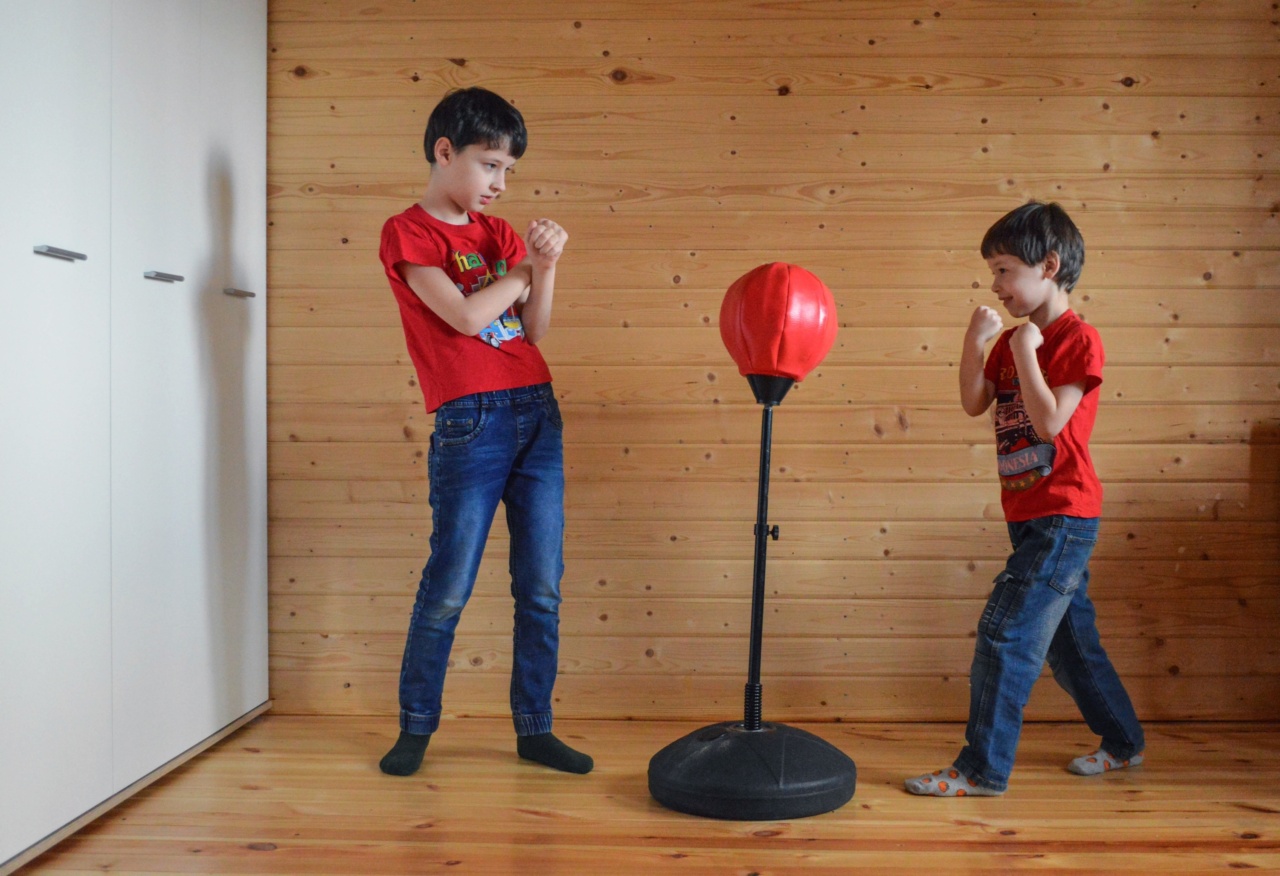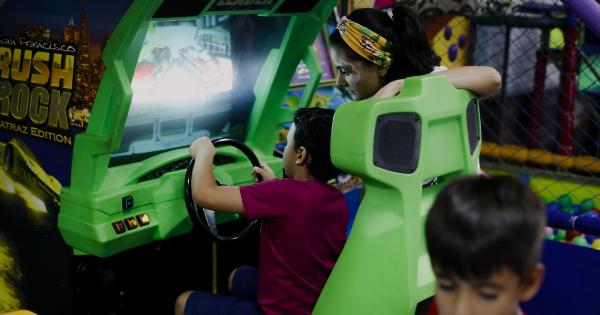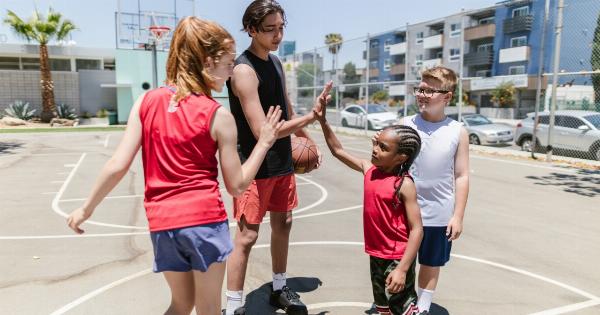Children are naturally active, curious, and energetic. Engaging them in sports can help them develop physically, socially, and emotionally. However, as a parent, you might be wondering at what age you should encourage your child to participate in sports.
In this article, we will explore some factors to consider and provide some recommendations.
The American Academy of Pediatrics Recommendation
The American Academy of Pediatrics recommends that children should engage in moderate to vigorous physical activity for at least one hour per day. However, they do not specify the age when children should start participating in sports.
They suggest that children should begin with unstructured physical activities such as running, jumping, and climbing as soon as they are able to walk.
Factors to Consider
Before enrolling your child in a sports program, you need to consider some factors such as their physical development, cognitive ability, interests, and motivation. Here are some things to keep in mind:.
Physical Development
Children’s physical development can vary greatly, and it’s important to take this into account when considering sports participation.
For example, starting a child too early in a sport that requires a lot of physical exertion can cause injury or burnout. It’s essential to choose age-appropriate activities that match a child’s physical capabilities.
Cognitive Ability
Children’s cognitive abilities are equally important when considering sports participation. Younger children may struggle with following instructions or understanding rules.
As they grow older and develop better cognitive and motor skills, it will be easier for them to participate in more complex activities.
Interests
A child’s interest in a particular sport should also be taken into consideration. It’s important to allow them to explore different options and find what they enjoy.
Pushing a child to participate in a sport they don’t like can be counterproductive and may affect their motivation to stay active.
Motivation
Children are more likely to participate in sports if they are motivated and enjoy it. It’s essential to create a supportive and positive environment and avoid putting too much pressure on them.
Encouraging them to have fun and setting realistic goals can increase their enjoyment and keep them engaged.
When to Start
Based on the factors above, the best time to start sports participation varies depending on the child’s capabilities and interests. Here are some recommendations based on age:.
Preschoolers (Ages 2-5)
Preschoolers have boundless energy and a natural curiosity that makes them eager to explore new experiences. They can begin with simple physical activities such as running, jumping, and throwing balls.
Participating in sports programs at this age is not necessary as unstructured play can provide the same benefits.
Elementary School (Ages 6-11)
At this age, children have better cognitive and motor skills, making it easier for them to follow instructions and understand rules. They can participate in a wider range of sports such as soccer, basketball, and track and field.
It’s essential to choose age-appropriate programs that focus on developing fundamental skills such as coordination, balance, and agility.
Middle School and High School (Ages 12-18)
At this age, children can participate in more complex sports that require more skills and training such as football, basketball, and tennis. Programs should focus on developing technical skills while fostering a sense of teamwork and sportsmanship.
It’s important to choose programs that prioritize safety by providing proper equipment and professional coaches.
Conclusion
Sports participation can be a rewarding and healthy activity for children. However, selecting the right sports and timing is crucial.
Parents should consider their child’s physical development, cognitive ability, interests, and motivation when encouraging them to participate in sports. Starting with age-appropriate activities that focus on fundamental skills can pave the way for a lifetime of healthy habits.






























